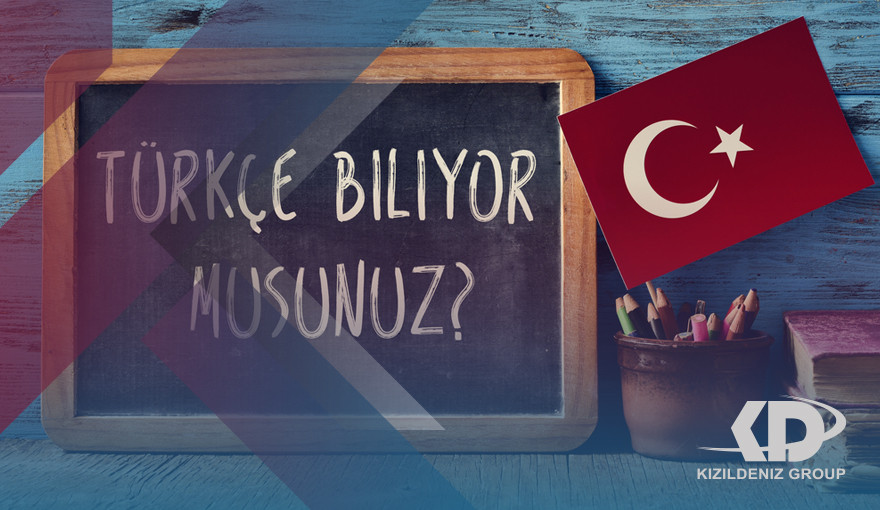What is the specialty of Preparation of Turkish Language Teachers:
The teacher's specialty is the idea that primary school teachers no longer teach all subjects, but instead focus on only a few. Since all teachers of a certain degree will specialize in a limited number of subjects, the total number of teachers per student remains the same, but each teacher has more time to invest in their subject. The idea is that this specialization has a positive impact on teachers' quality of teaching and student performance.
This idea was tested in a recent large-scale experiment by Fryer (2016). This two-year study was conducted in grades 3-5 out of 50 schools in Texas (USA). Half of the schools continued to teach as usual, while in the other half teachers specialized. What has not changed is that teachers have continued to teach (only) their own grades, and class formations have not changed. This study focused particularly on mathematics and reading ability.
Despite positive expectations, pupils of specialized teachers performed worse than students in the case of observation. This effect was particularly evident in the first year of study. In the second year, the adverse effect is reduced. Moreover, when we look at both years combined, there is no difference between specialized and non-specialized schools at the end of the two years.
History of Preparation of Turkish Language Teachers Specialization:
The importance of teaching a foreign language is constantly and universally enhanced in this century. Almost all States teach foreign language teachers on the basis of employment requirements and arrange educational programs as such. In particular, sending foreign language teachers abroad or paying more attention to the teaching of foreign languages are the basic methods used by those States. Besides, attempts are being made to develop foreign language teaching for teachers in person, by giving them various opportunities such as being sent abroad for language projects (Aydoğan and Çilsal, 2007).
The undisputed necessity and importance of English, a global communication tool in many fields, has been taught in all schools as one of the compulsory courses of the program by English language teachers appointed by the Ministry of National Education (Kan, 2005). There is no doubt that success in the education system depends heavily on the quality of teachers. This success is achieved by teachers who plan, apply and evaluate educational activities and rebuild their work when relevant comments are received.
As a result, these characteristics must be properly given to teachers nominated in teacher training programs. Interest in teaching the foreign language is growing daily due to economic, social, educational, and scientific developments ( and, 2007). In our day-to-day world where communication has gained great importance, and knowledge of one or more languages, meeting and understanding different cultures has been an inescapable requirement for each society (Işısağ and Demirel, 2010).
Foreign language teaching in Turkey plays a vital role in following developments in science, technology, culture, art, economics, and politics at the European and global levels and in sharing developments in Turkey with the outside world. Instead, foreign language teacher education programs must be of the quality needed to respond to the needs of States. To achieve this, foreign language teacher education programs must be modernized by following global innovations with interest (Coşkun, 2009). The State and private-sector expectations of foreign language teachers are increasing significantly at present. The conscious community requires foreign language teachers to have specific advantages (Aydoğan and Çilsal, 2007). The ideal language teacher definition file according to Cross (1995) consists of four basic backgrounds such as being well educated, having relevant educational knowledge, influencing students through positive curricula and opinions, and being a good model for students. Kuyumcu (2003) describes the characteristics of a good language teacher because/is a model of information gained about that particular foreign language. He/she can benefit from the advantage of being a student having problems introducing the new language. He must be familiar with elements of language such as linguistics, phonology, grammar, and vocabulary. He should be aware of the field methodology. As a result of the wishes of society and the provisions of the times, the function of teaching foreign languages in Turkey has been very popular, and foreign language departments at universities have asked students.
 FR
FR AR
AR
 Next one
Next one